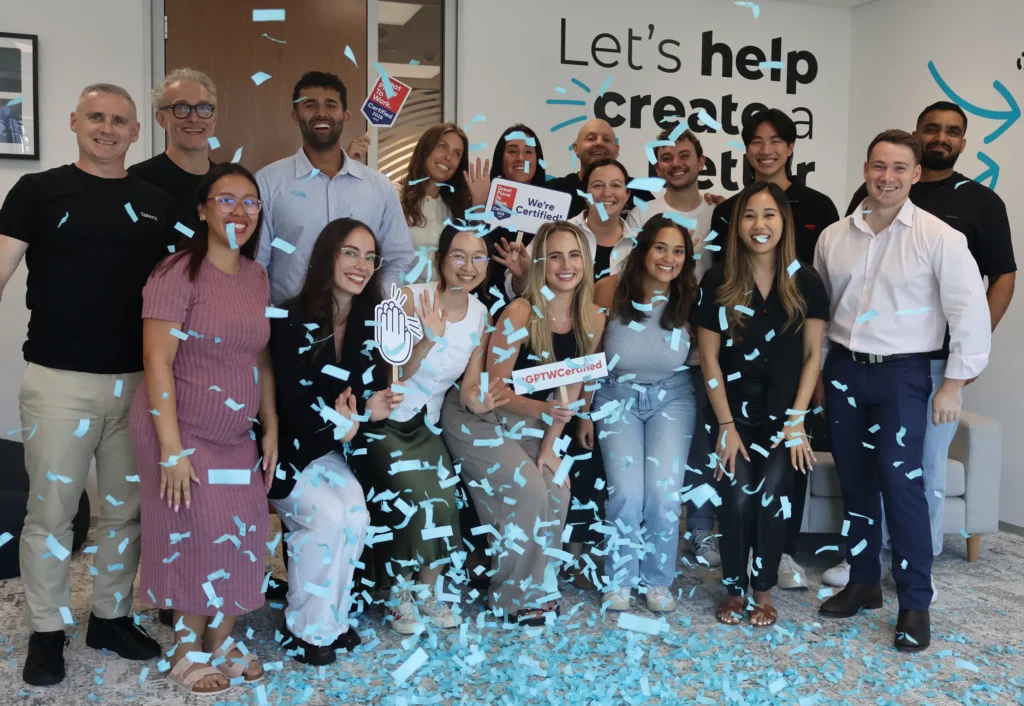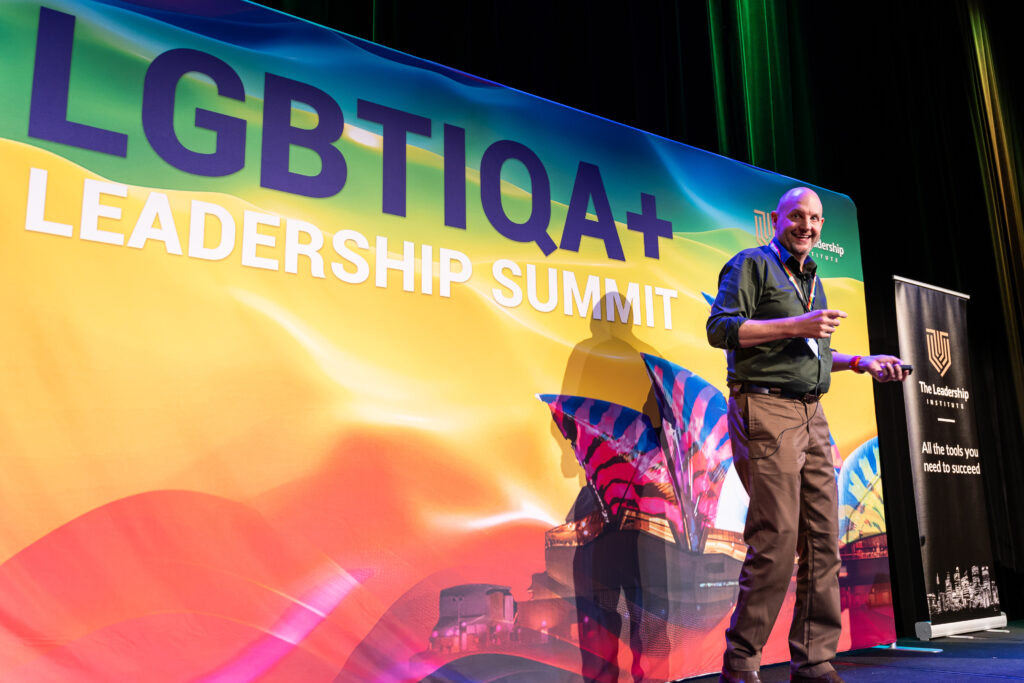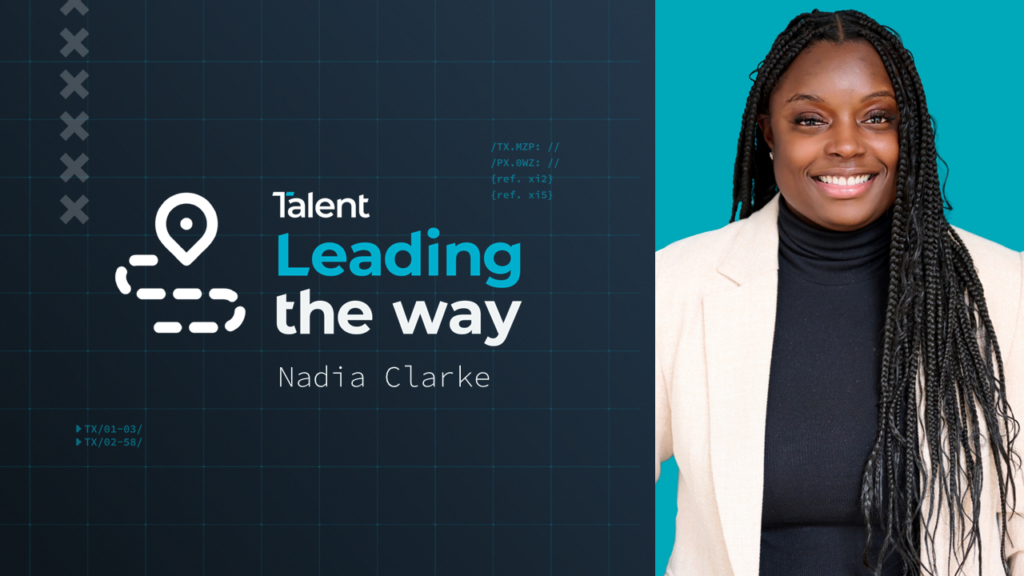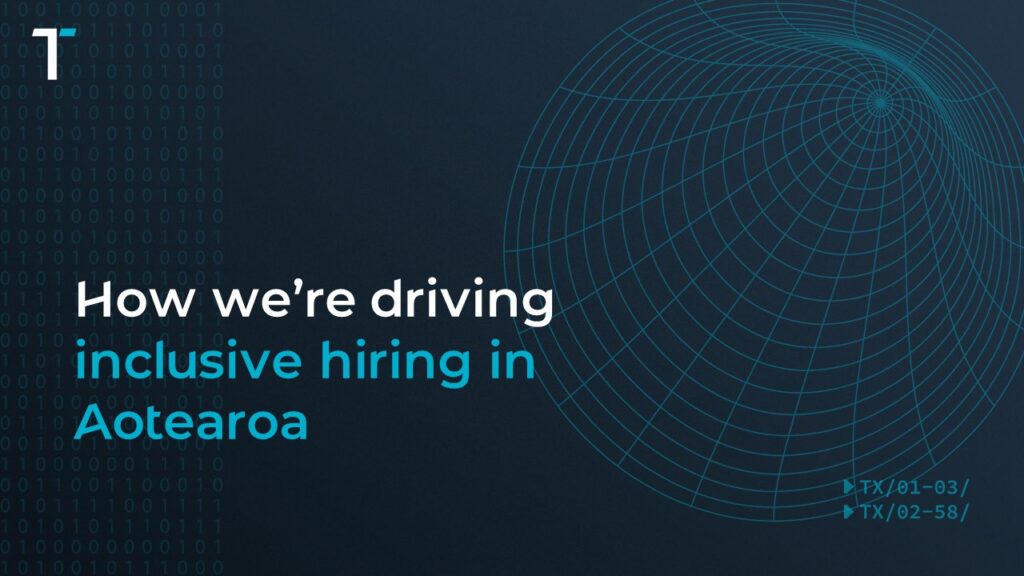
Leading the Way with Sathya Bala: Breaking Barriers and Building Inclusive Workplaces
Leading the Way with Sathya Bala: Breaking Barriers and Building Inclusive Workplaces
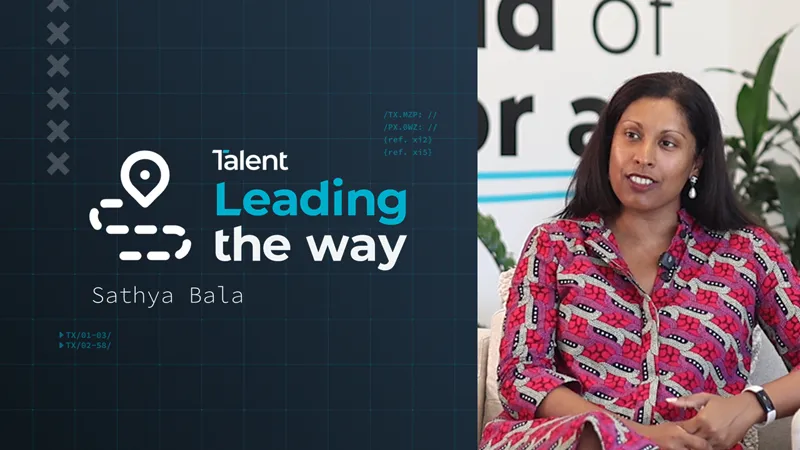
Sathya Bala is a force for change. As the CEO and founder of True Change, a business dedicated to using data and storytelling to drive inclusive culture transformation, and My Skin, My Story, a global community for women of colour, she has dedicated her career to making workplaces more equitable. Before starting these businesses, she worked across tech roles at Deloitte, Chanel, HSBC, Sainsbury’s and more.
In this latest instalment of our Leading the Way series, Sathya shares her journey, insights on gender equity in tech, and why inclusion must be intersectional.
Overcoming Barriers and Paying It Forward
Having worked in the tech industry in both Sydney and the UK, Sathya experienced firsthand the biases and barriers that women of colour face. But alongside these challenges, she also had cheerleaders; mentors who saw her potential and helped her navigate the system.
“I had a lot of great people who counteracted those barriers, opened up opportunities for me, and invested in my development,” she recalls. “By the time I was progressing through my career, I wanted to do that for others.”
Sathya realised she could influence change on a larger scale, not just within her company, but across industries. She combined her professional expertise in data-driven change with her passion for storytelling, creating True Change to help organisations make inclusion a reality, not just an aspiration.
Are We Investing in All Women in Tech?
Sathya is clear: gender equity efforts must consider intersectionality.
“Intersectionality describes how multiple layers of diversity and discrimination—sexism, racism, classism, homophobia—accumulate and create a multiplier effect,” she explains. “If we’re talking about women in tech, are we considering their experiences through the lens of race, nationality, disability, neurodivergence, and more?”
She emphasises the importance of looking beyond broad diversity metrics and digging into data that truly reflects all women’s experiences in tech.
“We need to ask: Who are we celebrating? Who are we leaving out? And are we actually making progress for all women?”
Defining Success and Working Backwards
Sathya advocates for a strategic approach to inclusion, drawing from Stephen Covey’s principle: Begin with the end in mind.
“What is our definition of success?” she asks. “If we want a workforce that reflects the world we serve, then we need to analyse our demographics. If we want to foster inclusion, we need qualitative data, i.e. do men and women feel equally valued? And if we’re tracking career progression, we need lifecycle data: are women being hired, promoted, and retained at the same rates as men?”
Progress, she notes, is not linear. The COVID-19 pandemic reversed gender equity gains worldwide, meaning organisations must now work even harder to bridge the gap.
“We need to ask women what they need now and co-design solutions with them. It’s not radical. It’s common sense.”
The Role of Men and the Power of Allyship
Sathya envisions a future where gender equity isn’t just a ‘women’s issue’ but as a collective responsibility.
“How do we engage a strong army of male allies?” she asks. “Women shouldn’t have to shoulder the burden of driving change alone. Men should actively support and participate in initiatives like International Women’s Day.”
She stresses that gender equity benefits everyone.
“When women succeed, teams perform better. There’s commercial value in diversity, and workplaces become more innovative and engaging for everyone.”
Her call to action? Simple yet powerful: “Let’s bring everyone to the table. Let’s ensure International Women’s Day sparks real action; one, two, or three meaningful steps that carry forward into the rest of the year.”
AI, Data, and the Urgency of Inclusive Design
With a background in data, Sathya is particularly passionate about AI’s role in shaping the future and its potential pitfalls.
“You can’t talk about AI without talking about data,” she asserts. “AI influences everything from mortgage approvals to visa decisions. If the data behind AI is biased, then the outcomes will be, too.”
She points out that much of the data feeding AI models is incomplete or skewed.
“For example, many datasets default to male populations. If diverse groups aren’t involved in designing AI, the resulting innovations won’t work for everyone and that’s dangerous.”
Sathya sees AI as an opportunity rather than a threat.
“This is a growing field where we can hire and train diverse talent. But we have to be intentional about inclusion; ensuring AI is ethical, fair, and beneficial for all.”
Final Thoughts: Making Inclusion a Reality
For Sathya, inclusion isn’t just a buzzword, it’s the key to thriving workplaces and stronger societies.
“We spend 80% of our lives at work,” she reminds us. “Why wouldn’t we want to create environments where people feel safe, valued, and engaged?”
Her message is clear:
“Progress starts with listening, using data wisely, and taking intentional action. Inclusion benefits everyone, so let’s stop talking about it and start making it happen.”
